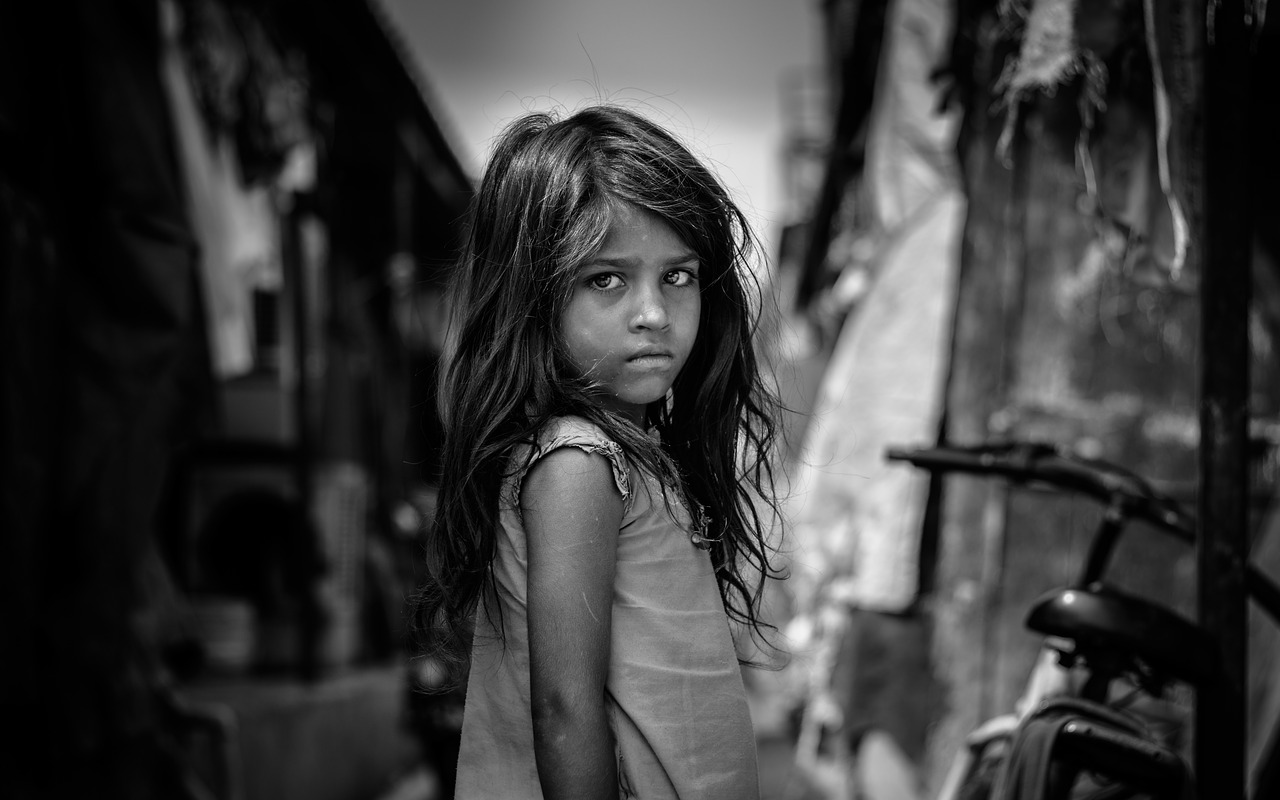
Definitions of Sustainable Development
Sustainability is often associated with the concept of “sustainable development”. One of the first, and still among the most commonly cited, definitions of “sustainable development” was proposed in 1987 by the World Commission on Environment and Development of the United Nations (generally referred to simply as the “Brundtland Commission”), which described sustainable development as “a process in which the exploitation of natural resources, the allocation of investments and the process of technological development and organizational change are in harmony with each other for both current and future generations”.[1] The Commission also described sustainable development as “development that meets the needs of the present generation without compromising the ability of future generations to meet their own needs“. In the context of entrepreneurial opportunities and activities, the concept of sustainable development brings into focus the need to preserve a sufficient amount of limited resources to ensure that entrepreneurs in future generations will have the same opportunities as current entrepreneurs to tap into those resources.
At the macro-level, the definitions offered by the Commission cautioned that the pursuit of economic growth must be tempered by consideration of social and environmental concerns. The lesson for companies was that managers seeking to act in a sustainable manner need to confront a fundamental challenge and conflict: popular and heavily entrenched short-term goals, such as profit maximization for the benefit of one group of stakeholders—the shareholders—must be balanced against protecting the long-term needs and opportunities of future generations. Twenty years later, an updated perspective on sustainable development explicitly highlighted the need to balance social equity, including business practices that sustain and value employees and other workers in the supply chain, alongside economic health and environmental resilience.[2] That period also saw the emergence of sentiment that the pursuit of sustainable development, albeit challenging to existing ways of doing business, also offered opportunities for new forms of entrepreneurship and that sustainable entrepreneurs could be recognized as persons who created business enterprises that were based on the pursuit of business strategies and activities that simultaneously met the current needs of the enterprise and its stakeholders while also protecting, sustaining and enhancing the human and natural resources that would be needed in the future.[3]
This article is part of the Sustainable Entrepreneurship Project’s extensive materials on Entrepreneurship and Sustainability and Entrepreneurship and an excerpt from Sustainable Entrepreneurship by Alan S. Gutterman, which is available for purchase at various online booksellers. Readers may also enjoy the author’s book on Entrepreneurship.
[1] United Nations World Commission on Environment and Development, Our Common Future (New York: Oxford University Press, 1987).
[2] B. Cohen and M. Winn, “Market imperfections, opportunity and Sustainable Entrepreneurship”, Journal of Business Venturing, 22(1) (2007), 29.
[3] Business Strategy for Sustainable Development: Leadership and Accountability for the 90s (International Institute for Sustainable Development, Deloitte & Touche and the World Business Council for Sustainable Development, 1992).

Sorry, the comment form is closed at this time.